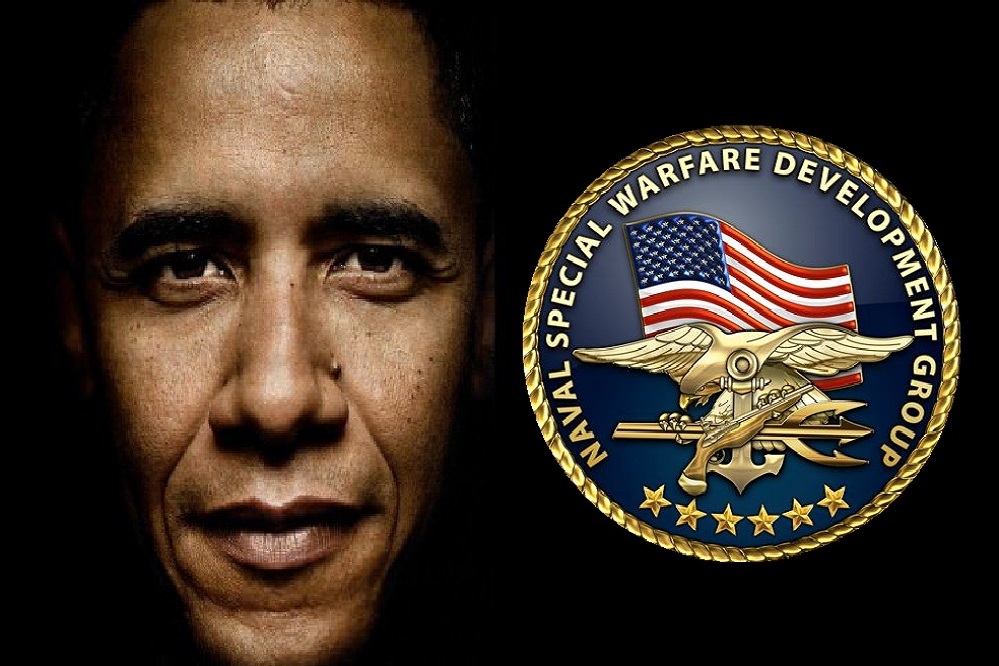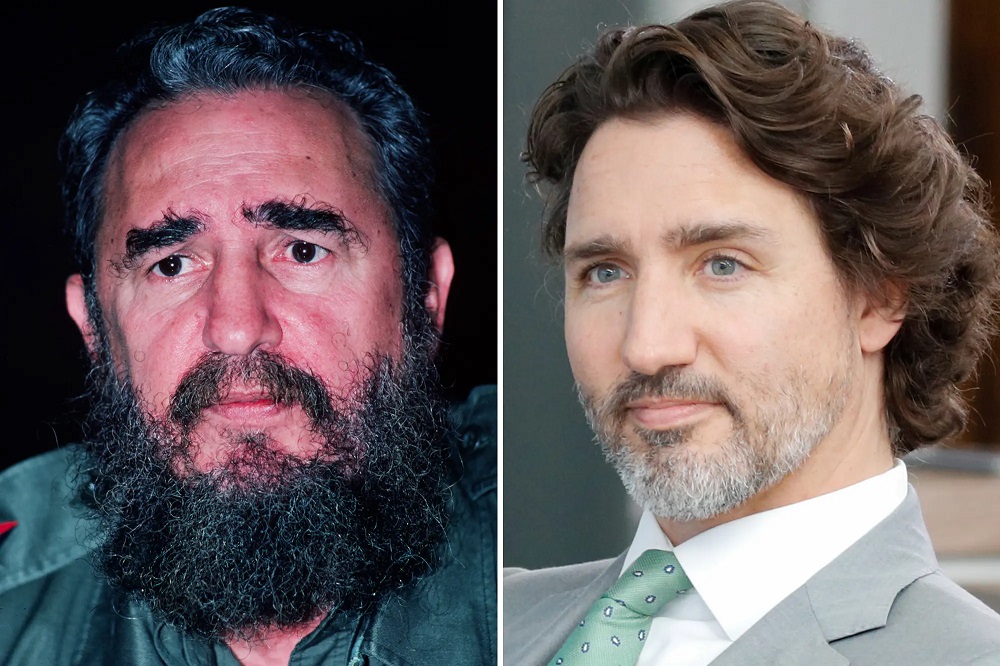In recent years, concerns have grown around the influence of global elites, particularly groups like the Bilderberg Group, who are often seen as driving forces behind efforts to reshape society. Critics argue that these globalists aim to consolidate power and control by erasing individual races, cultures, and nations, pushing for a homogenized global society where unique identities and freedoms are lost.
The Bilderberg Group: A Secretive Powerhouse
The Bilderberg Group, a highly secretive organization, has been meeting annually since 1954. Comprised of political leaders, industry magnates, and influential thinkers, its members are often accused of using their vast influence to shape global policies and strategies behind closed doors. The lack of transparency around these meetings fuels speculation that the group’s true agenda goes beyond mere discussions, aiming instead at manipulating societal structures to benefit a select few.
The Globalist Agenda: Homogenization and Control
At the heart of the globalist agenda, critics say, is the desire to create a world where individual races, cultures, and nations no longer exist as distinct entities. Instead, a single, unified global culture would emerge, controlled by a central authority. This homogenization is seen as a way to strip people of their unique identities, making them easier to control and manipulate.
This agenda is often linked to various social engineering efforts, where policies and narratives are crafted to weaken national borders, dilute cultural distinctions, and promote a global citizen identity over national or ethnic loyalties. By erasing these differences, globalists can create a more uniform population, which some argue is easier to manage under a centralized power structure.
The Attack on National Sovereignty
One of the most significant concerns surrounding the globalist agenda is the erosion of national sovereignty. Nations are increasingly pressured to conform to international norms and regulations, often at the expense of their own laws and traditions. Trade agreements, climate accords, and migration policies are frequently cited as tools used by globalists to undermine national autonomy.
The push for open borders is another example. While framed as humanitarian, critics argue that it serves the globalist goal of diluting national identities by promoting mass migration. This, in turn, destabilizes traditional cultures and paves the way for the creation of a more uniform global populace.
Social Engineering Through Media and Education
Globalists are also accused of using media and education as tools for social engineering. Mainstream media often promotes narratives that align with globalist goals, such as the importance of global cooperation over national interests and the celebration of multiculturalism over cultural preservation. Dissenting voices that question these narratives are frequently marginalized or labeled as extremists.
In education, globalist ideals are often embedded in curricula, emphasizing global citizenship and downplaying the importance of national history and cultural heritage. This, critics say, is a deliberate attempt to shape the minds of future generations, making them more amenable to a globalist world order.
The Erasure of Cultural Identity
As globalist policies gain traction, many fear the loss of cultural identity. Traditions, languages, and customs that have been passed down through generations are at risk of being overshadowed by a global culture that prioritizes uniformity over diversity. The blending of cultures can lead to a loss of what makes each one unique, furthering the globalist aim of creating a homogenous society.
This erasure is seen in the push for multiculturalism, where the emphasis is placed on integrating different cultures into a single society, often at the expense of preserving the distinctiveness of each. While multiculturalism is celebrated by many, others view it as a tool for dissolving cultural boundaries and creating a more controllable population.
The Endgame: A Controlled Society
Ultimately, critics argue that the goal of globalists and groups like the Bilderberg Group is to create a society where power is concentrated in the hands of a few, and the masses are easily controlled. By erasing national, racial, and cultural identities, globalists can create a population that is more uniform, more compliant, and less likely to resist their authority.
The endgame, as seen by these critics, is a world where individuality is suppressed, and the unique characteristics that define humanity are lost. In this world, global elites would hold the reins of power, dictating every aspect of life from a central, unaccountable authority.
Conclusion: Resisting the Globalist Agenda
As concerns about globalism grow, so too does the resistance. People around the world are beginning to push back against the erosion of their national, cultural, and racial identities. The rise of nationalist movements and the demand for greater transparency and accountability from global elites are signs that not everyone is willing to accept the globalist vision of the future.
The fight to preserve individuality, national sovereignty, and cultural heritage continues, as more people become aware of the potential dangers posed by the globalist agenda. The challenge lies in balancing global cooperation with the preservation of what makes each race, culture, and country unique.



